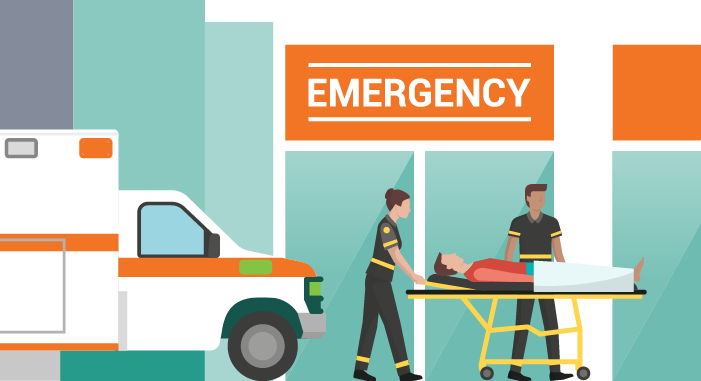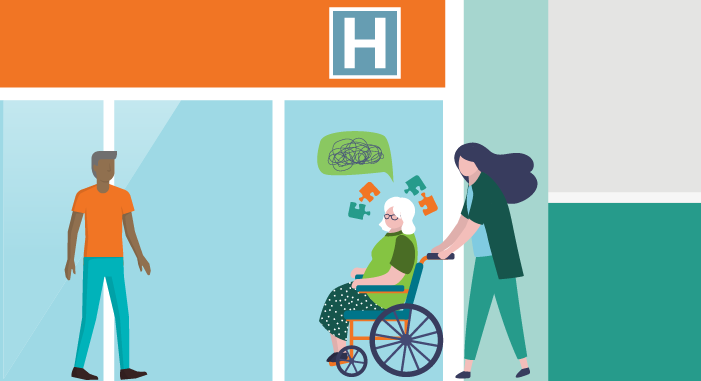Round 1 GEAR 2.0 Request For Application (RFA) – Expired
Advancing Dementia Care (GEAR 2.0 – ADC) / Emergency Medicine Foundation (EMF) / West Health Institute (WHI) will fund up to four pilot proposals that are aligned with the GEAR 2.0 Mission and research priorities starting as early as July 1, 2022. The dollar amount of each award may not exceed $90,000 in total costs.
Final grants submissions are due Friday, February 4, 2022.





